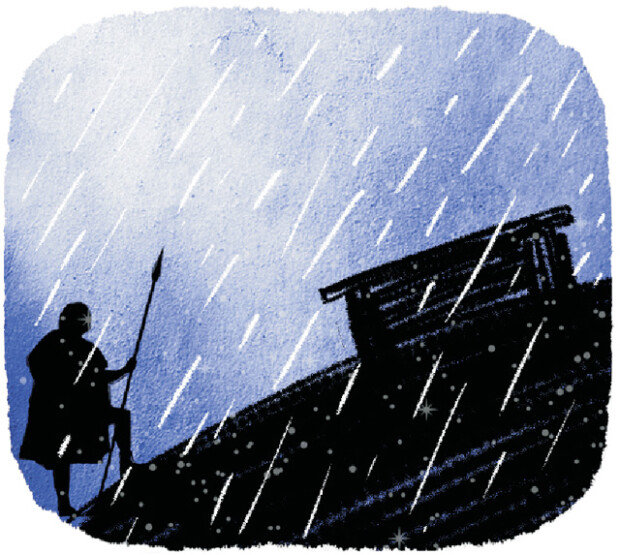Alexander the Great
Alexander the Great
Posted July. 23, 2019 07:28,
Updated July. 23, 2019 07:28

Alexander III of Macedon, known as Alexander the Great, died in his early 30s on June 11, 323 BC at a palace of the Persian Empire he had destroyed, in Babylonia, one of the world’s oldest cities. A Persian historic records officer wrote serenely on a clay tablet that the king died on a cloudy day, which currently is displayed at the British Museum.
The goal of Alexander the Great was to unite the world, which may sound daringly majestic but means an empire built upon battle and massacre. The king might have considered a world united by strong authority an ideal society, which is controlled by rationality, peace and prosperity.
Alexander the Great beefed up his efforts to conquer the whole world right before he died. He dissembled Macedon-centered regimes that strictly ruled the military. He discharged long spear troops and the hypaspists, called as the Silver Shields, who had been the glory and symbol of the Macedonia while mobilizing Asian recruits. Attired in Persian emperor style, he practiced imperial rituals and had his generals married to Persian lords, even claiming himself to be the son of Ammon, one of the Egyptian gods.
He ousted generals and officiaries who went against his goal of making the world a united society. Callisthenes, who used to record history beside him, or a relative of the king’s teacher Aristotle, was kicked out of the palace. Such shifts were criticized as ancestry-centered, emotional and selfish measures. The king was fully ready to battle against such criticism with audacity and power. However, only his fate did not allow him to do so. Some still speculate that he was poisoned to death. His will said that he would want to be buried next to the temple of Ammon with his body processed with preservatives in Egyptian manner. It was the last but the only successful attempt by the king toward the world. If he had lived longer, would he have been able to make his dreams come true? Probably not. Neither law nor arms can never redraw the world. The reason behind the prosperity of the Roman Empire was that spirits and cultural values are embedded beneath law and military power.







